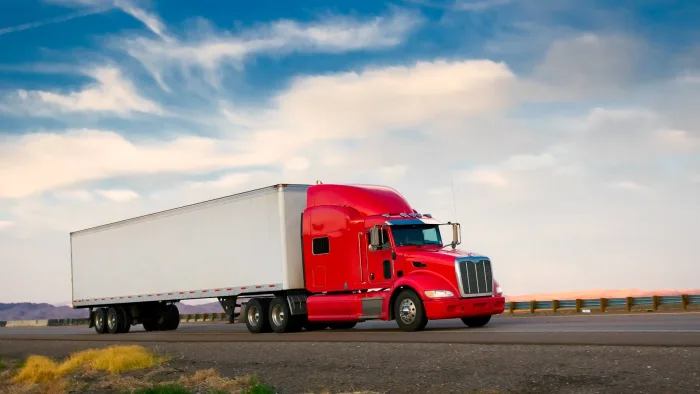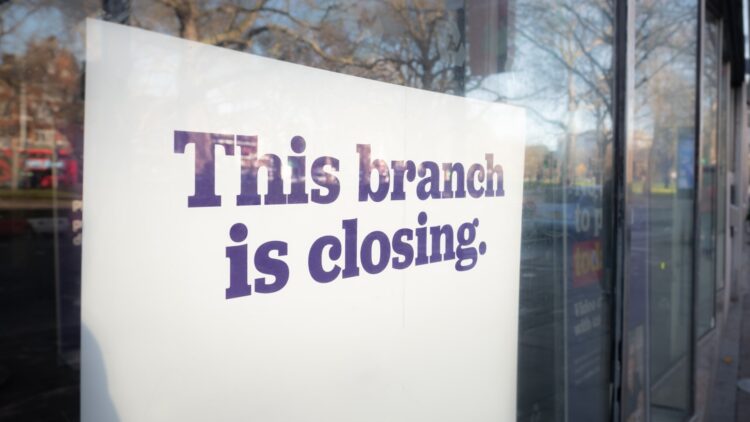Bankruptcy Alert: Three More Shipping Companies Join the Chapter 11 Ranks
According to The Street, The Covid-19 pandemic had a devastating impact on businesses, leading to widespread shutdowns that initially reduced demand for goods and disrupted supply chains. Factories and warehouses significantly scaled back output or closed entirely, creating a ripple effect throughout the economy.
Job Losses and Driver Shortages
The trucking industry was particularly hard hit, with an estimated 88,000 trucking jobs lost in 2020 and over 3,000 trucking companies closing their doors, according to Commercial Carrier Journal. Many truckers sought employment in other sectors and did not return to driving. As the pandemic subsided, the industry faced a staggering driver shortage, peaking at over 81,000 drivers in 2021, according to truckinfo.net.
This shortage had significant repercussions for trucking companies, resulting in increased operational costs, supply chain disruptions, and shipping delays. Companies were forced to raise wages to attract new drivers and contend with rising expenses related to turnover, recruitment, and training. By mid-2023, as freight rates began to climb, thousands of new drivers started entering the industry, leading to a 96% increase in registered for-hire drivers, bringing the total to over 475,000, as reported by Time.
Economic Pressures and Rising Costs
Despite the influx of new drivers, challenges persisted. Freight rates began to decline in 2022, while diesel fuel prices soared, more than doubling within a year. Additionally, the industry grappled with inflation, high-interest rates, and rising insurance and wage costs. Leading national trucking companies like J.B. Hunt Transport Services, Knight-Swift Transport Services, and XPO exerted pressure on smaller firms, many of which struggled to generate adequate revenue to survive.
As financial distress mounted in the logistics sector, several trucking companies resorted to filing for bankruptcy. Some opted for Chapter 11 to reorganize their businesses, while others filed for Chapter 7 to liquidate their assets. For instance, Boateng Logistics filed for Chapter 7 bankruptcy on February 22, announcing plans to liquidate. Similarly, Arnold Transportation Services, a 92-year-old trucking company, laid off all employees and ceased operations five days before filing for Chapter 7 liquidation on April 30.
Also read: No SSI Payment on December 1: New Payday Announced by Social Security
U.S. Logistics Solutions, a shipping company owned by private equity firm Ten Oaks Group, filed for Chapter 7 bankruptcy on June 21 in the U.S. Bankruptcy Court for the Southern District of Texas, shutting down operations and preparing to liquidate its assets.
Recent Chapter 11 Filings in Florida
In July, three Florida-based trucking companies filed for Chapter 11 protection to reorganize their operations. AB Brothers USA and its affiliate A1 Transport Network, based in Miami, filed for Chapter 11 bankruptcy on July 20, listing over $593,000 in assets and $1.05 million in liabilities. The largest creditor for AB Brothers is Crossroads Equipment Lease & Finance, owed over $233,600.
Additionally, AOG Trucking, based in McAlpin, Florida, filed for Chapter 11 bankruptcy on July 17, listing assets and liabilities between $1 million and $10 million. BMO Harris Bank is identified as its largest creditor, with debts exceeding $713,500. The reasons for the bankruptcy filings were not detailed in the companies’ petitions.
Conclusion
The trucking industry continues to face significant challenges in the wake of the pandemic, from a driver shortage and rising operational costs to fierce competition from larger firms. As more companies navigate financial distress, the future of many trucking businesses remains uncertain, highlighting the need for resilience and adaptability in a constantly evolving landscape.






